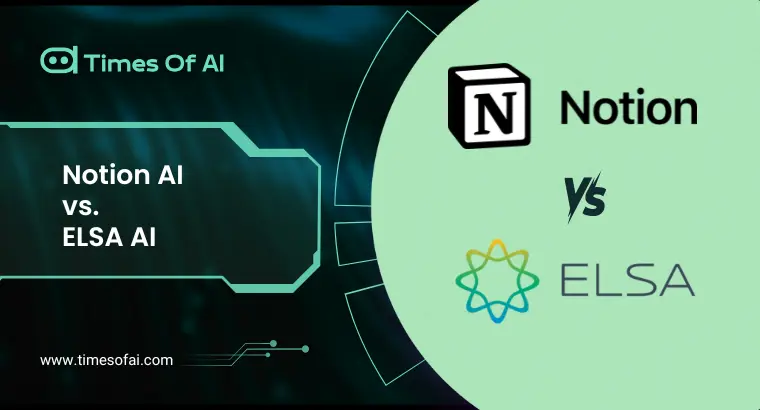
November 14, 2024, Stockholm, Sweden-Advenica, a Swedish company, has launched a new hardware protection solution that is intended to boost the digital security of industrial companies and their original equipment manufacturers (OEMs).
The novel protection technology introduced for Industry 4.0 integrates one-way traffic and ad-hoc two-way traffic to secure sensitive production data and minimize risks for cyber attacks despite increasing demands for remote access and data analytics.
This security measure addresses significant weaknesses in the domain of OTs by establishing a permanently unidirectional flow of data which is the only type of flow that allows data to be sent outside of networks.
Where two-way communication is required, like in remote servicing, a controlled, short-lived connection is made. This configuration limits access to cyber threats that are already more frequent because of the growing need for industries to secure their digitalization.
Rickard Nilsson who is the VP of Marketing & Sales Advenica described,
“In the difficult conditions of the world we live in cybercrimes continue to expand and have an impact on national security and critical infrastructure. Thus, we are pleased and proud to offer such solutions for manufacturing enterprises and increase the security level in this market.”
However, as Advenica notes, their new product should be seen more as addressing the challenge of cyber threats targeting exchanges of two-way data flows.
To prevent potential breaches, companies can send data off-site securely and expose networks to no potential breaches with a hardware-enforced one-way secure flow of data.
Moreover, this model allows manufacturers to utilize remote services without breaching the integrity of the networks which is progress in the secure Industry 4.0 journey.
The envisaged system should support secure machine connectivity for OEMs to enable remote assistance with a low risk of cyber threats to the customer.
Considering the growing cyber threats, Advenica’s solution is a way changing of industrial cyber security where digital data and its needed analysis in a company’s operations is highly relied on remote connectivity.





